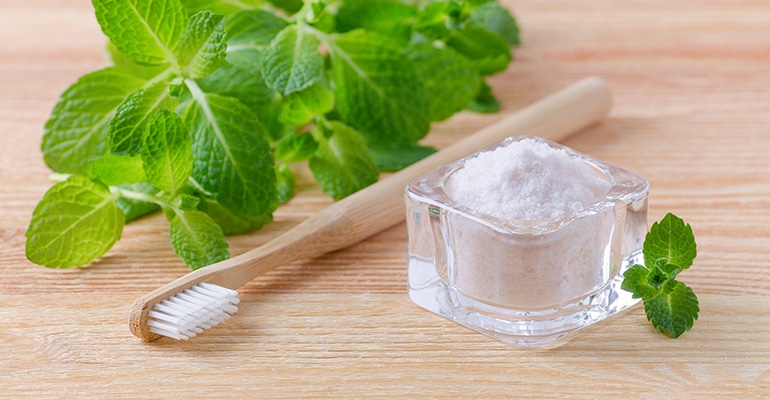December 1, 2020

Food manufacturers and consumers are looking for natural sugar alternatives that taste good. Xylitol fills the bill, as the sugar alcohol can be found in fruits and vegetables. While it doesn’t have an unpleasant aftertaste, it also helps reduce gum disease and prevent cavities.
Our secret shopper visited a natural products store in the Midwest to see what one employee knew about xylitol.
Natural Foods Merchandiser: I understand xylitol is more than just a sweetener. What are its benefits?
Retailer: The big thing is it replaces sugar and doesn’t have calories. It’s also good for your teeth, which is why it’s in a lot of gums and mints.
NFM: How come it’s good for teeth? Any other health benefits?
Retailer: It helps prevent cavities, I’m pretty sure. I don’t know of any other specific benefits.
How did this retailer do?

The retailer was spot-on about the cavity prevention. Xylitol and other sugar alcohols are not digested by oral bacteria and are therefore described as noncariogenic. At the same time, there is not great evidence that xylitol reduces tooth decay to a significant degree. It is estimated that a fairly large dose (5 to 6 grams per exposure, three exposures per day) is needed to truly inhibit the formation of dental caries, which may be unrealistic for most people.
How can retailers help shoppers make sense of this? If they are standing in the gum aisle and choosing between a gum sweetened with sucrose and one sweetened with xylitol, the latter would be a better choice in terms of oral health. But xylitol gum does not replace broader strategies such as a healthy diet and good oral hygiene.
There is also concern with the gastrointestinal effects of consuming too much xylitol. At high doses (greater than 30 grams per day), xylitol may cause unwanted GI symptoms such as gas, bloating and loose or watery stools. However, most people consume more moderate levels, such as 10 to 15 grams per day, so they don’t experience these effects.
One thing the retailer didn’t get quite right is the calorie aspect. Xylitol has 2.4 calories per gram. By comparison, sucrose, or table sugar, has 3.9 calories per gram.
So, like other sugar alcohols, xylitol does contain calories but slightly less than table sugar.
About the Author(s)
You May Also Like
.png?width=700&auto=webp&quality=80&disable=upscale)




